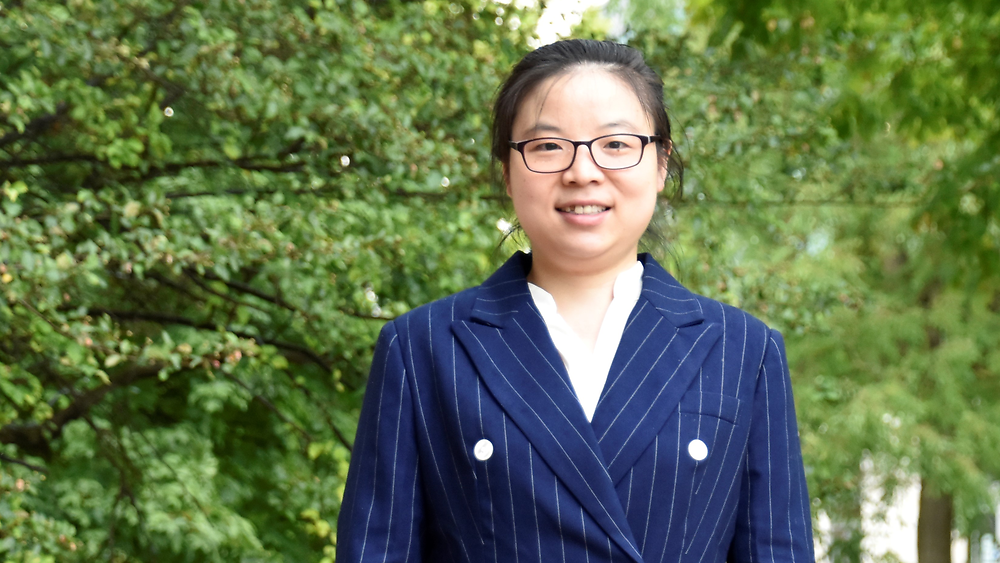July 09, 2021 | News | Welcome to the MPIDR
Emma Zai is a new Researcher at the Research Group: Labor Demography

© courtesy of Emma Zai
Coming from the Ohio State University where she obtained her PhD in Consumer Sciences, Emma Zai is a new Researcher at the Research Group: Labor Demography. She wants to explore how government interventions affect individual wellbeing and how individuals respond to public policy. In her free time, she likes to do yoga and to play different ball sports like table tennis and badminton.
What question drives you most in your research?
My research work is motivated by the global aging issue. I explore how government interventions affect individual wellbeing and how individuals respond to public policy. Specifically, I use large secondary datasets and research designs to estimate the causal effects of public policy on individual behavior and outcomes. My current work is on long-term care public policy and informal caregiving.
What are you particularly looking forward to as you start working at MPIDR?
I am excited to join an institute of people with similar research interests. I am looking forward to exchanging great ideas with my colleagues and collaborating in projects.
What do you like most about Rostock?
One of the first things I recognized in Rostock is the convenient public transport. It is so easy to take a train and tram from the airport to our institute. Also, people are so nice and they love to offer help either at tram stops when I cannot tell directions or at grocery stores where I do not have change to use the shopping cart. I love people who have a big heart.
What are you obsessed with at the moment besides demography?
I like to do sports in my free time. I noticed that people bicycle a lot in Rostock. I would love to be a bicyclist. First, I need to buy a bike. I also like to do yoga and play different ball sports like table tennis and badminton.